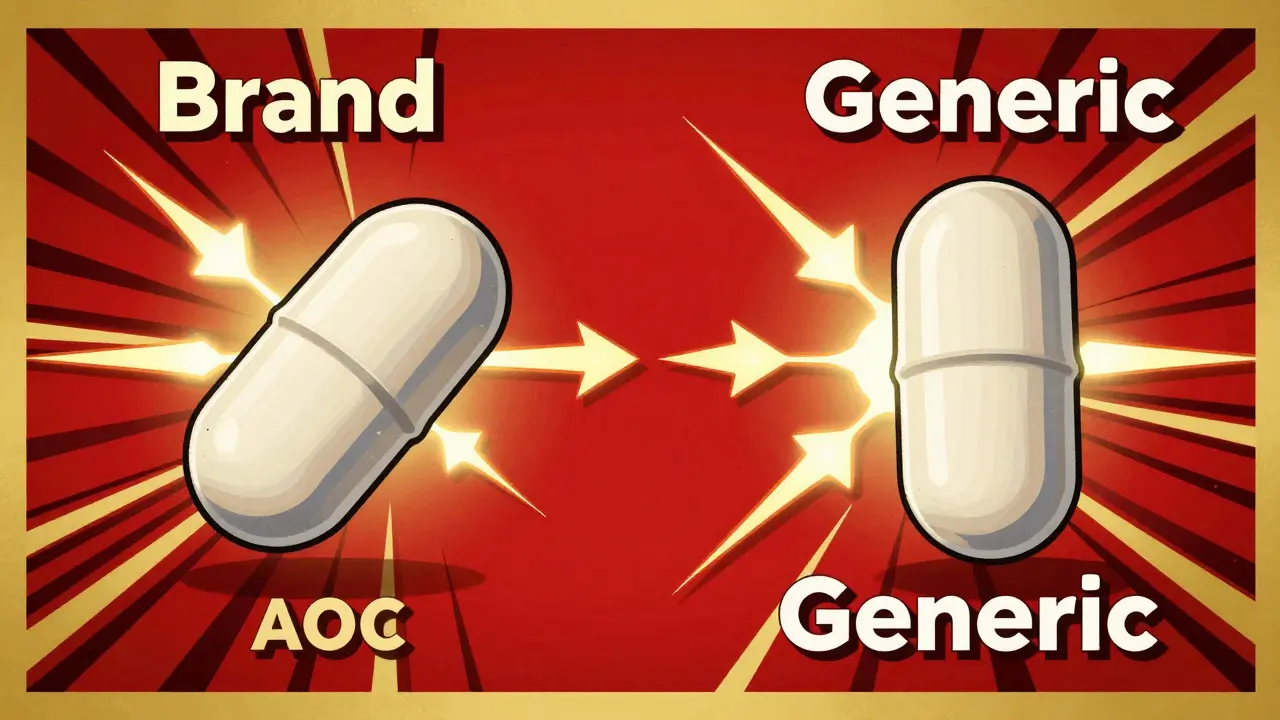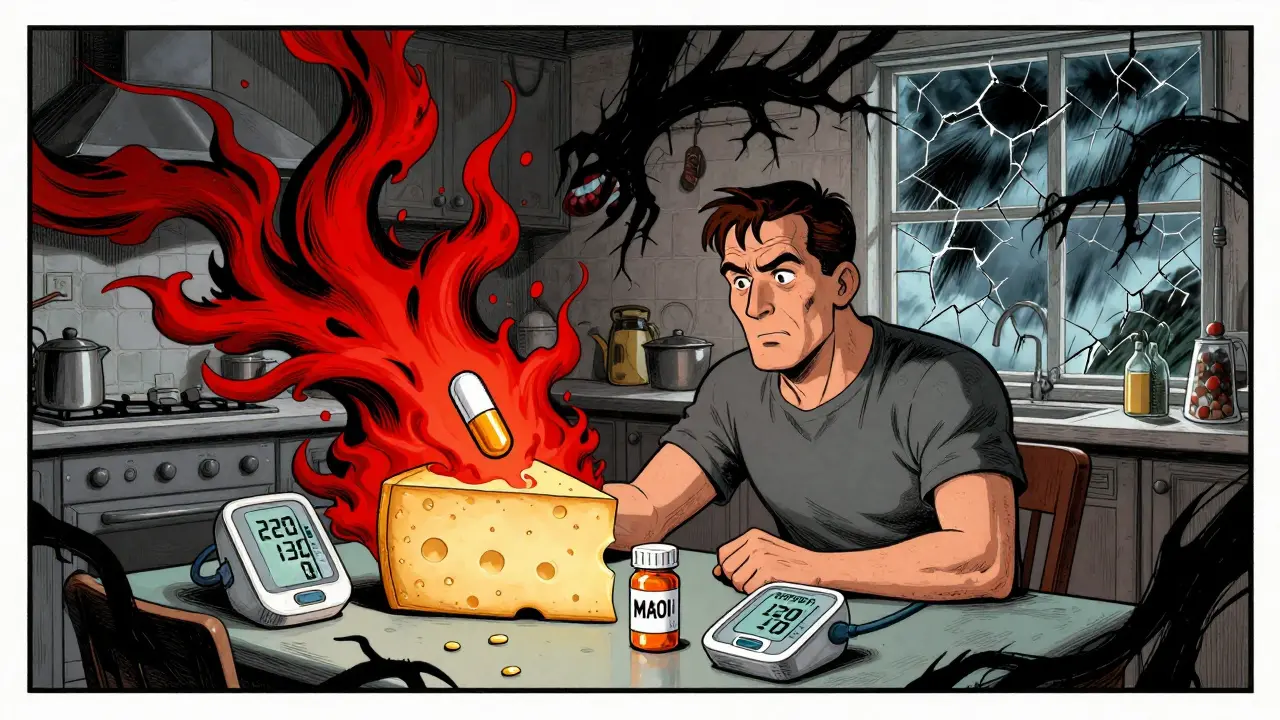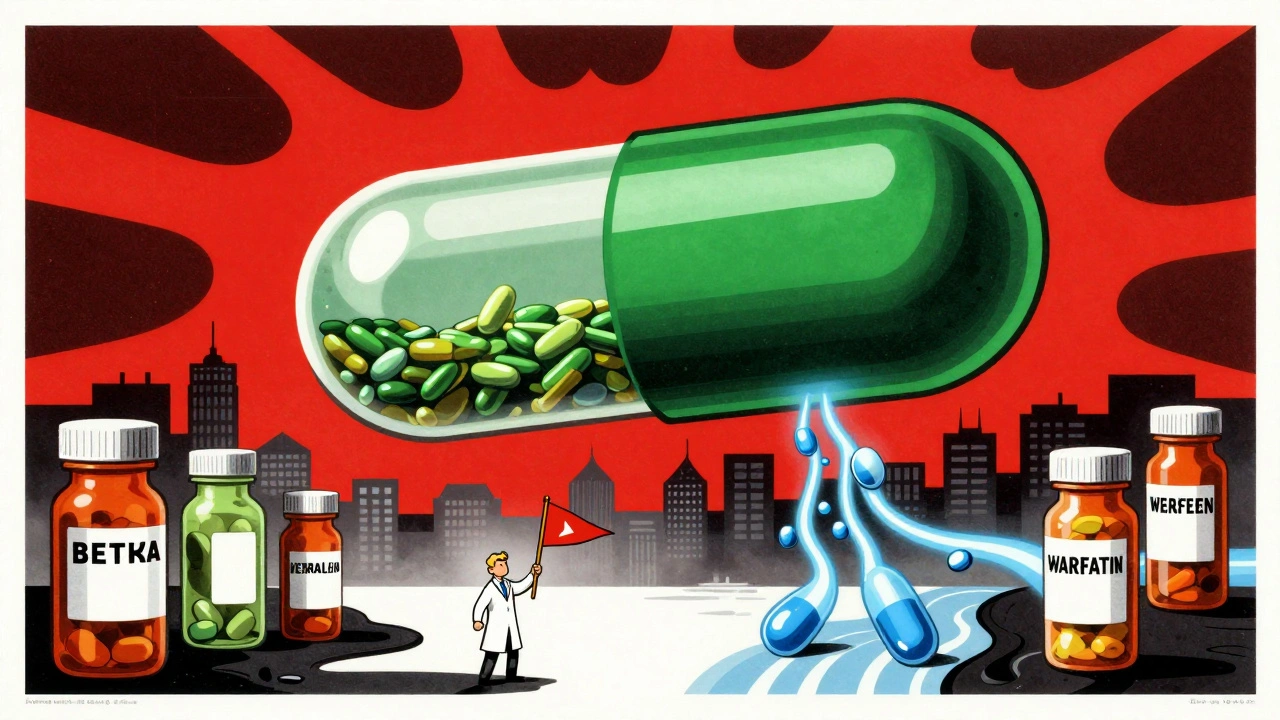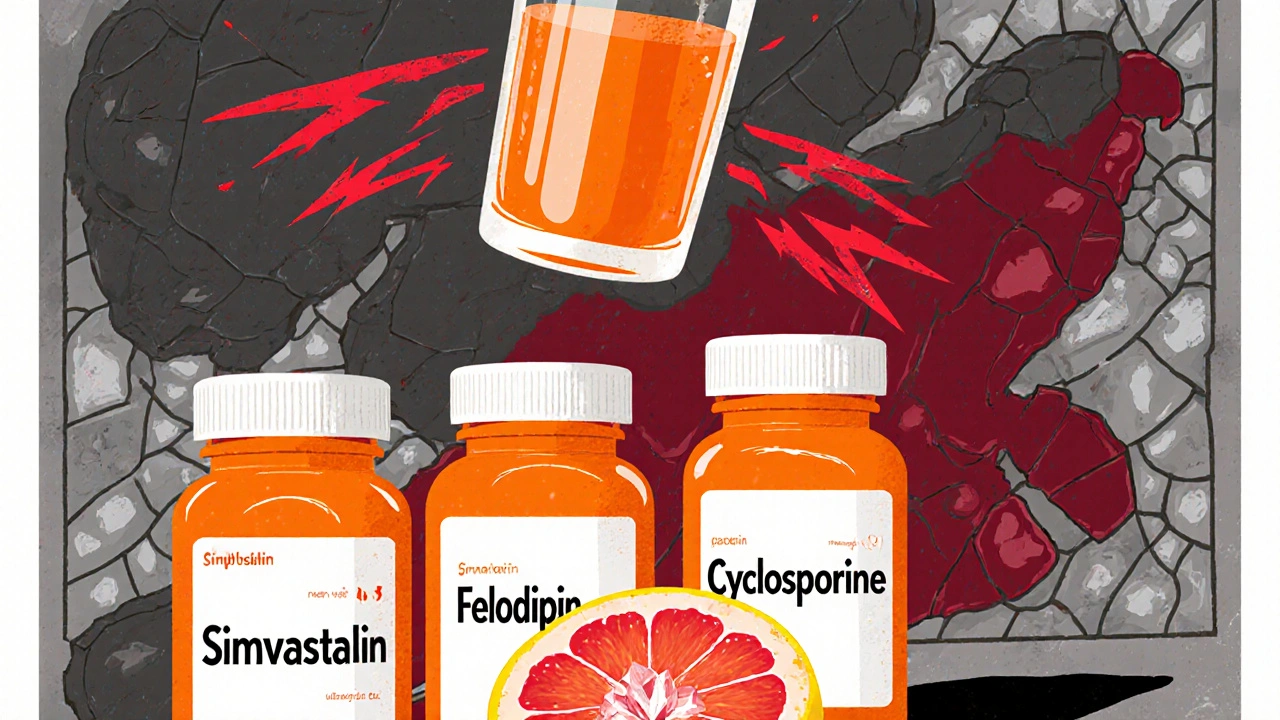Drug Interactions: What You Need to Know to Stay Safe
When you take more than one medication, drug interactions, happen when two or more drugs affect each other’s behavior in your body. Also known as medication interactions, they can make a drug stronger, weaker, or cause unexpected side effects—even if you’re taking them exactly as prescribed. This isn’t rare. Over half of adults over 65 take five or more pills daily, and even younger people mixing OTC painkillers with sleep aids or antibiotics with alcohol are at risk.
Polypharmacy, the use of multiple medications at once is common, especially for chronic conditions like diabetes, high blood pressure, or arthritis. But it’s not the number of drugs that’s dangerous—it’s the hidden combinations. For example, taking ibuprofen with warfarin can spike your bleeding risk. Mixing metoprolol with certain diabetes meds can hide low blood sugar symptoms. Even something as simple as grapefruit juice can interfere with statins, making side effects worse. These aren’t theoretical risks. They show up in ER visits, hospital stays, and sometimes fatal outcomes.
Adverse events, unwanted reactions caused by medications are often the result of these hidden clashes. Some are mild—dizziness, nausea—but others, like liver damage from too much acetaminophen or kidney stress from NSAIDs combined with blood pressure drugs, can be life-changing. The good news? Most drug interactions are preventable. You don’t need to be a pharmacist to protect yourself. Just know what’s in each pill, check for double ingredients (like acetaminophen hiding in cold meds), and always tell your doctor or pharmacist about every supplement, herb, or OTC drug you use—even if you think it’s harmless.
What you’ll find below isn’t theory. It’s real stories from people who’ve been there: how a simple switch from clopidogrel to ticagrelor went wrong without proper guidance, why binge drinking with warfarin is a ticking time bomb, how barcode scanning in pharmacies stops deadly errors, and why deprescribing unnecessary meds can save lives. These posts don’t just warn you—they show you exactly how to spot, avoid, and fix dangerous combinations before they hurt you.
Drug Interactions: Same Risk for Generic and Brand Medications
Generic and brand-name drugs have the same active ingredients and carry the same risk of drug interactions. The FDA and major studies confirm they're equally safe and effective. Here's what you really need to know.
Severe Hypertensive Crisis from Drug Interactions: What You Need to Know
A severe hypertensive crisis can be triggered by common drug interactions - from antidepressants and decongestants to licorice candy. Learn the hidden risks, warning signs, and how to protect yourself.
Green Tea Extract and Medication Interactions to Watch
Green tea extract can interfere with medications like blood pressure drugs, statins, and chemotherapy. Learn which interactions are dangerous, why supplements are riskier than tea, and what to do if you're taking both.
Grapefruit Juice and Medications: Why This Common Drink Can Be Dangerous
Grapefruit juice can dangerously increase levels of over 85 medications, including statins and blood pressure drugs. Learn which drugs are affected, why even small amounts matter, and how to stay safe.



